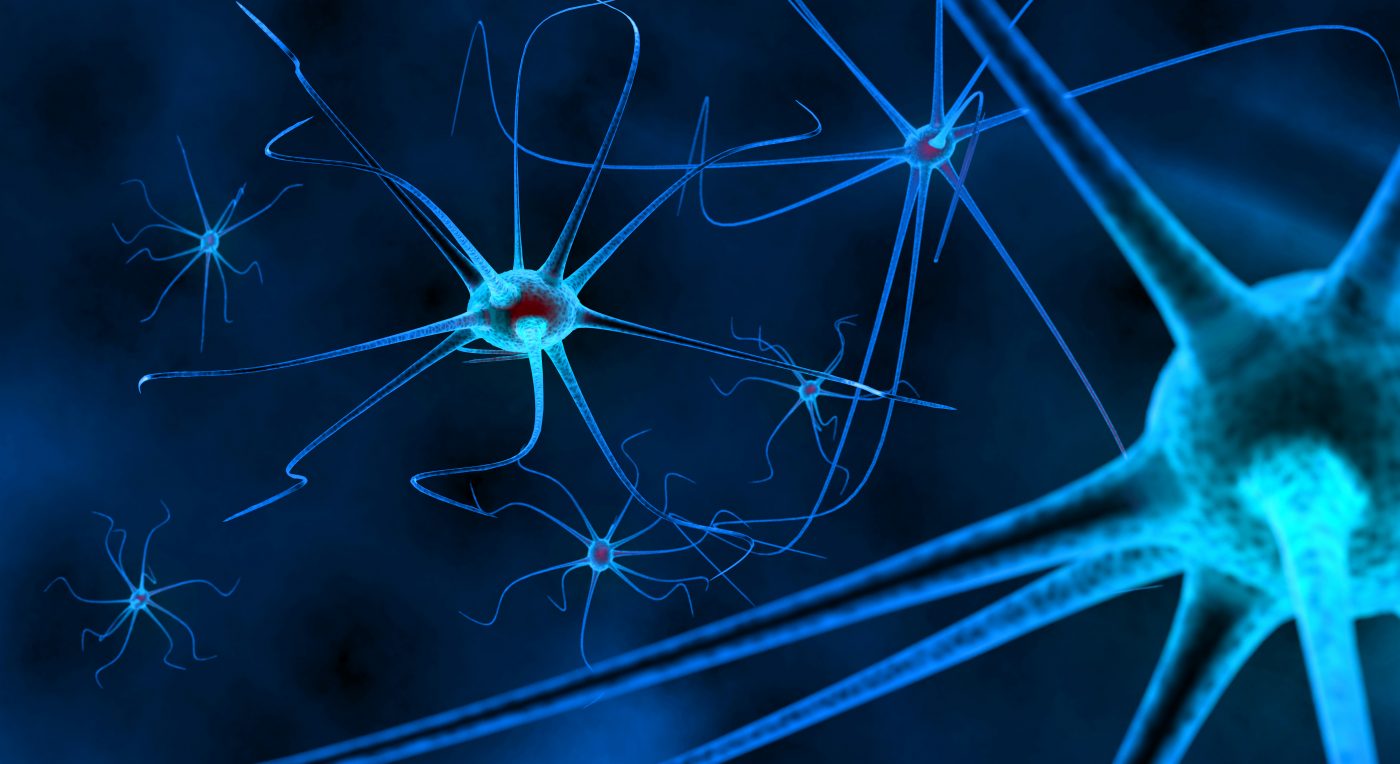Researchers Shed Light on Cognitive Problems in Huntington’s Disease, Potentially Leading to Future Therapies
Written by |

A new study from researchers in Spain may increase understanding of a less recognized aspect of Huntington’s disease (HD): cognitive problems. The article examines the possible causes of cognitive difficulties in HD and how they might be addressed through new therapies.
The report, “Cognitive Dysfunction in Huntington’s Disease: Mechanisms and Therapeutic Strategies Beyond BDNF,” appeared in the journal Brain Pathology.
In Huntington’s, the loss of brain cell connections occurs in regions that process movement, called the basal ganglia and cortex, in early phases of the disease. These lost connections also cause cognitive problems and psychiatric symptoms. Traditionally, researchers have focused more on the motor problems that occur in HD, but in recent years they’ve been addressing the importance of cognitive problems in Huntington’s.
The team, led by Dr. Maria Puigdellívol of the University of Barcelona Faculty of Medicine, focused on several molecules that may be affected in Huntington’s disease and that could contribute to cognitive problems. They emphasized that although brain-derived neurotrophic factor (BDNF) has often been posed as a treatment for HD, other targets also deserved consideration.
These include a molecule known as Kalirin-7, which is reduced in the brains of Huntington’s patients. Disruptions in this molecule might occur specifically in the connections between the basal ganglia and cortex.
In addition, HD patients may have a loss of spines (branches) in brain cells known as YAC128 neurons, causing reactivation of a glutamate receptor called GluN3A. Glutamate is a neurochemical that allows communication between neurons; excessive levels of glutamate in Huntington’s patients can contribute to neuronal death.
The authors recommend blocking the GluN3A receptor with drugs known as antagonists, or using gene therapy to reduce GluN3A levels.
Calcium could be another possible target for treatments directed at cognitive problems in HD. The authors discussed how calcium might be released into neurons, which would also affect spines. Disruption of a molecule called InsP3R1 might play a role in causing abnormal levels of calcium and, consequently, reduction in the number of spines. With fewer spines present, memory processes can be impaired, since neurons are not as well connected.
This can be particularly problematic in Huntington’s in a brain region known as the hippocampus, which plays a major role in memory. In fact, blocking InsP3R1 in mice prevents the loss of spines on hippocampus neurons.
The authors note there is currently no treatment for cognitive dysfunction in HD, and clinical trials of cognitive enhancers and anti-depressants in Huntington’s patients have not shown improvements in cognition. Future medications may target these alternative molecules, such as Kalirin-7, GluN3A and InsP3R1.


